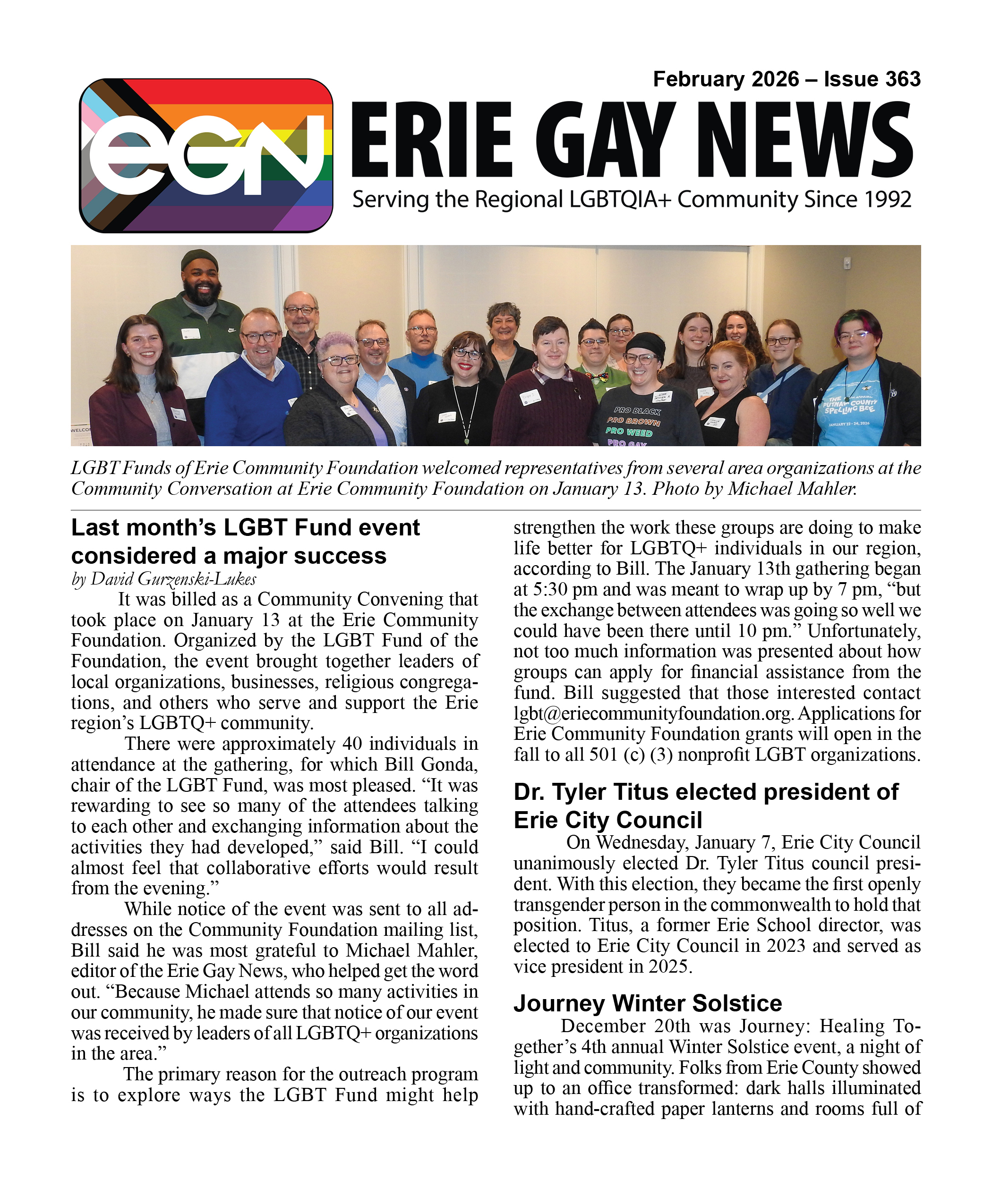New Report: How Opponents are Enshrining Inequality and Expediting Discrimination Against LGBTQ People
Today the Movement Advancement Project (MAP) released the fourth report in its series, Under Fire: The War on LGBTQ People in America. The latest report, "Enshrining Inequality for LGBTQ People", pinpoints the ways that opponents of LGBTQ equality are eroding existing protections and creating new avenues to allow discrimination.
The legal landscape for LGBTQ people remains a patchwork of protections at the state and federal level. The 2020 U.S. Supreme Court decision in the Bostock case improved federal protections against anti-LGBTQ discrimination and the Biden administration has articulated additional protections. However, opponents of LGBTQ equality continue seeking new ways to roll back protections.
The new MAP report outlines four tactics that opponents are utilizing to make discrimination against LGBTQ people legal by carving holes into existing laws at every level of government and codifying the ability to discriminate.
"As a result of these efforts to expedite discrimination, LGBTQ people could be legally fired, turned away from emergency shelters, or even denied basic medical care. In some cases, this is already happening and getting worse. Even when bills are not enacted, these political attacks take a significant toll on LGBTQ people and their families," said Tessa Juste, LGBTQ Movement Building and Policy Researcher at the Movement Advancement Project.
Snapshots From the Report
Tactic 1: Rolling Back Nondiscrimination Protections
- Repealing and weakening existing LGBTQ nondiscrimination protections:
Some states have tried to rewrite their current nondiscrimination laws to explicitly exclude gender identity as a protected characteristic.
- Expanding exemptions to undermine nondiscrimination protections:
Currently 25 states have some sort of broad religious exemption law that allows businesses, health care providers, and even government agencies to refuse to serve LGBTQ people and others. Some states are trying to expand those laws, which also impact unmarried people, people of minority faiths, and others. The U.S. Supreme Courts 2023 ruling in the 303 Creative case was narrow but will embolden businesses that serve the public to discriminate.
- Blocking local nondiscrimination protections:
Most states at least have some protections for LGBTQ people from discrimination at the city or county level. However, some states are passing laws that pre-empt these local ordinances. Texas enacted a broad preemption law this year, for example.
Tactic 2: Redefining Sex to Allow Discrimination
- This year state legislatures introduced at least 22 bills to redefine sex throughout state law, which effectively allow discrimination against transgender and nonbinary people. This is a new area of law that emerged this year. Four states have now enacted these laws.
- In Kansas, for example, the state's attorney general successfully argued in court that the new sex redefinition law should ban gender marker changes on ID documents, even though the law itself does not include that language. The attorney general is also arguing that previously issued ID updates should be revoked.
Tactic 3: Attacking LGBTQ Families
- Creating carveouts to nondiscrimination laws:
Religious exemptions can also allow people to refuse to recognize the legal marriages of same-sex couples. Opponents also want to allow businesses, hospitals, and government agencies to turn away LGBTQ people and their families.
- Altering marriage laws to exclude same-sex couples:
This year Tennessee introduced a bill that would create a separate marital contract only available to different-sex couples, and South Carolina considered a bill that would have required all marriage licenses to list "Bride" and "Groom" on the signature lines. Meanwhile, North Carolina and Mississippi adopted laws allowing officials to refuse to marry LGBTQ couples and other couples they disapprove of.
- Limiting discussions of family diversity and LGBTQ families:
Ten states currently have school censorship laws limiting discussion of LGBTQ people and families in schools.
- Undermining recognition of LGBTQ parents:
Some state courts have refused to recognize the legal parentage of LGBTQ parents. In Oklahoma a court denied the parental rights of a lesbian mother, even though she was legally married to her son's mother when he was born and was listed on the child's birth certificate.
Tactic 4: Denying Health Care
- Currently 21 states have enacted laws to ban medical care for transgender youth, with 18 of those enacted this year alone. These laws are one of several ways that opponents are seeking to deny medical care to LGBTQ people.
- Allowing health care refusals:
Currently, nine states have a targeted religious exemption law that allows health care providers to decline to serve LGBTQ patients for even basic medical care, including Florida, which passed a law this year. As a result, 1 in 5 LGBTQ people (20%) live in a state where a doctor can refuse care because of who they are.
- Allowing employers to determine what care employees can access through insurance:
Recent court cases have sided with businesses who want to pick and choose what their insurance covers. This has allowed employers to refuse to cover contraception and medications like PrEP to LGBTQ people and their dependents.
In recent years state legislatures have introduced a horrifying and record-breaking number of anti-LGBTQ bills. In 2023 alone, state legislatures introduced at least 735 bills targeting LGBTQ people, especially transgender youth. This is double the number of anti-LGBTQ bills introduced in 2022.
A recent survey showed that more than 1 in 4 LGBTQ people (27%) have considered moving as a result of anti-LGBTQ legislation in their state. For transgender people, that number is even higher, with more than 1 in 3 transgender adults (43%) reporting that they have considered moving.
MAP's report series, Under Fire: The War on LGBTQ People in America, connects the dots on the varied ways that LGBTQ people are under siege from a targeted and coordinated campaign to undermine equality and ultimately erase them from public life. Reports in the series so far include: "Erasing LGBTQ People from Schools and Public Life" and "Erecting Systems and Structural Barriers to Make Change Harder." Forthcoming reports in the series will focus on additional attacks on LGBTQ people.
About MAP: MAP's mission is to provide independent and rigorous research, insight and communications that help speed equality and opportunity for all. MAP works to ensure that all people have a fair chance to pursue health and happiness, earn a living, take care of the ones they love, be safe in their communities, and participate in civic life. www.mapresearch.org



